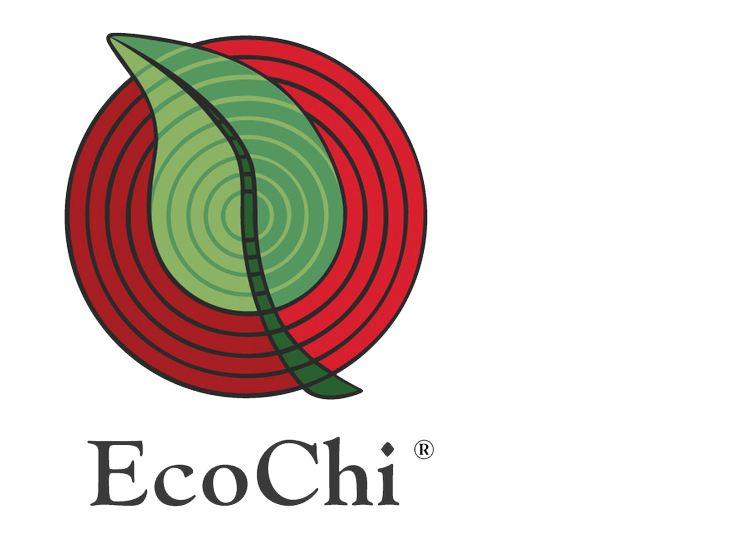The Science Of Tea’s Mood-Altering Magic
An EcoChi Vital Abstract
This article was posted February 6, 2019 by Natasha Gilbert, Nature Research Journal.
For centuries, people across the globe have testified to the relaxing and invigorating qualities of tea. The traditional calming effects of the plant Camellia sinensis have elevated the drink, which is produced from its leaves, to a role beyond quenching thirst— it is drunk as an aid for meditation, to help soothe the nerves or simply to unwind. But scientists are only now beginning to examine how tea exerts its effects on mood and cognition. Researchers have found that drinking tea lowers levels of the stress hormone cortisol. And evidence of long-term health benefits is emerging, too: drinking at least 100 millilitres (about half a cup) of green tea a day seems to lower the risk of developing depression and dementia. Earlier this year, researchers reported that in a healthy Korean population, those who habitually drank green tea were 21% less likely to develop depression over their lifetime than those who were non-drinkers. Scientists are also trying to identify the major active compounds that give tea its mental-health benefits, and whether they work alone or in combination with other compounds present in the drink. Tea catechins — antioxidants such as epigallocatechin gallate (EGCG) — account for up to 42% of the dry weight of brewed green tea, and the amino acid L-theanine makes up around 3%. EGCG is thought to make people feel calmer and improve memory and attention when consumed on its own. L-theanine is found to have a similar effect when consumed in combination with caffeine. Up to 5% of the dry weight of green tea is caffeine, which is known to improve mood, alertness and cognition. “Tea is calming, but alerting at the same time,” says Andrew Scholey, a psychopharmacologist at Swinburne University of Technology in Melbourne, Australia. For some researchers, including Scholey, tea’s effects on mood and cognition give rise to even deeper and more esoteric questions. For instance, why has the brain not evolved to perform optimally without the need to consume chemical brews? Explorations into the effects of tea on behaviour and mental health come at a time of growing scientific interest in the role of nutrition in mental health and preventive medicine. Physicians need more ways of tackling these conditions that place a huge burden on health systems, and for which treatment options are limited. “The idea that maybe dietary agents can help slow the decline could have enormous implications for preventative health,” says Scholey. Stefan Borgwardt, a neuropsychiatrist at the University of Basel, Switzerland, similarly laments the lack of available therapies — around one-third of all people with anxiety and depression never find an effective therapy, he says. But he is cautious about the benefits tea can have for people who are clinically depressed. Although there is clear evidence of moderate improvements to mood in healthy populations, studies have yet to demonstrate that tea can help people with mental illness. For now, there is no reason not to encourage healthy people to drink tea as a means of improving their mood and focus.
Copyright © 2019 EcoChi, LLC. All rights reserved.




